The Culinary Kingdoms of Fukuoka and Beyond
In the previous edition of The Japan Agenda: The Premium Travel Blueprint, we explored Niigata and the nearby Sado Island. Full of picturesque sights like the Kiyotsu Gorge and Sado Gold Mines, these itineraries are created to highlight Japan’s lesser-known but equally-beautiful areas. On this edition of The Japan Agenda: The Premium Travel Blueprint, continuing with crafting adventures of Japan’s roads less traveled, we are taking you to and around Kyushu, one of Japan’s four main islands.
Every Kyushu prefecture has its own charm and personality, all distinct yet harmonious, creating an adventure not to be missed, and with a short flight to Fukuoka from Manila, the wonders of Kyushu are just quick trip away. Join us as we take you through the island’s unique historical landmarks and culinary comforts.
Day 1: Arrival in Fukuoka Airport
Afternoon: Arrive in Fukuoka Airport from Manila, and check-in at Mitsui Garden Hotel Fukuoka Gion.
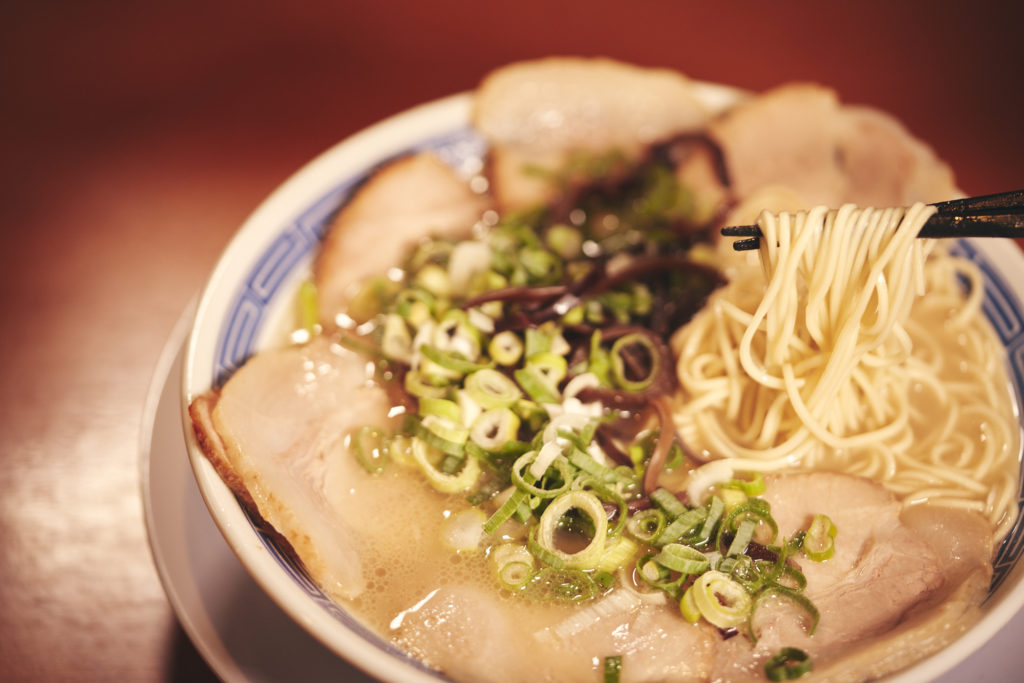
Photo courtesy of Visit Fukuoka
Evening: Spend your first night immersing yourself in Fukuoka’s local delicacies at the stalls of Yatai. Slurp down a hearty Hakata tonkotsu ramen dinner, known for its flavorful white broth.
Day 2: Nagasaki
Morning: Make your way to Nagasaki from Fukuoka, and consider checking-in at a hotel like the JR Kyushu Hotel Nagasaki near the station.
Afternoon to Evening: Visit Glover Garden for an open-air tour of the old mansions once inhabited by Western Merchants, with the piece de resistance being the Former Glover House. All mansions are surrounded with well-maintained and colorful flower arrangements, completing the already beautiful scene.
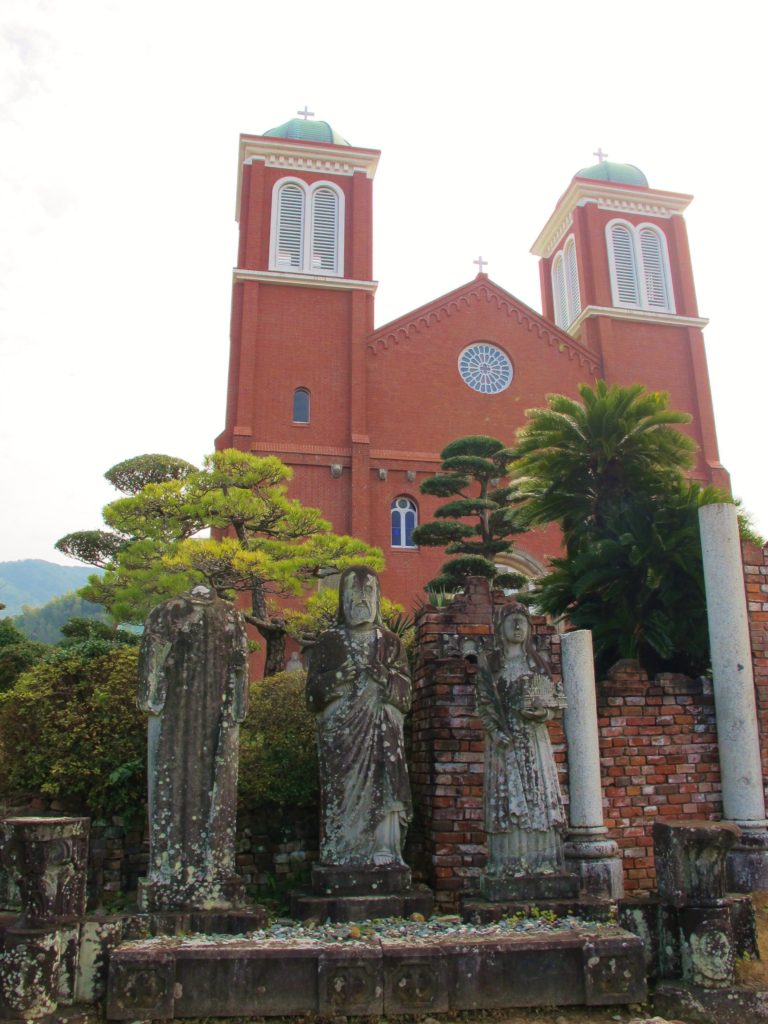
Photo from Japan National Tourism Organization
Nagasaki has several high-rise cathedrals that will awe any visitor, with many of them located within driving distance from another, so explore as many of them as you can. The must-see churches are the Urakami Cathedral up north, the Nakamachi Catholic Church south of that, and the Oura Cathedral further down, with other churches along the way.
End the day on a filling noodle dish like Champon in Nagasaki Shinchi Chinatown, a city staple with an abundance of seafood and vegetable toppings paired with tasty noodles and soup.
Day 3: Nagasaki
Morning: Check-out of your hotel, and step into a new world at Huis Ten Bosch. To fully immerse yourself in this foreign town, book rooms at Hotel Nikko Huis Ten Bosch.
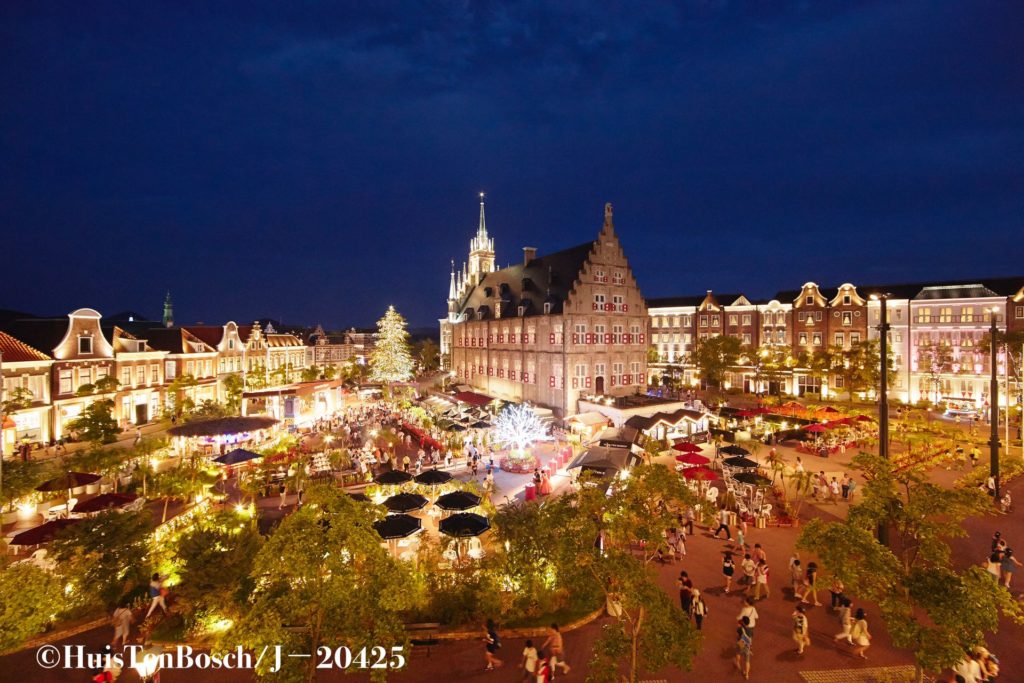
Photo from Japan National Tourism Organization
Afternoon to Evening: Explore Huis Ten Bosch, a town built to commemorate the long friendship between the Dutch and the Japanese. Akin to a European city, Huis Ten Bosch has walkable streets that all lead to exciting places, with light displays, virtual rafting rides, and dressed-up buildings that complete this otherworldly experience.
Day 4: Saga
Morning: Before embarking on your Nagasaki to Saga road trip, have a Sasebo burger for breakfast in Nagasaki! The Sasebo burger is iconic in Japan, with a history dating back 50 years, and an authentic American taste.
Afternoon: Make your way to Saga, near our starting point of Fukuoka. Explore another Euro-inspired area, this time with influences from Germany. The Arita Porcelain Park is known for its world-class porcelain, quiet yet vibrant gardens, and open parks, with restaurants around the area and souvenir shops for your loved ones back home.
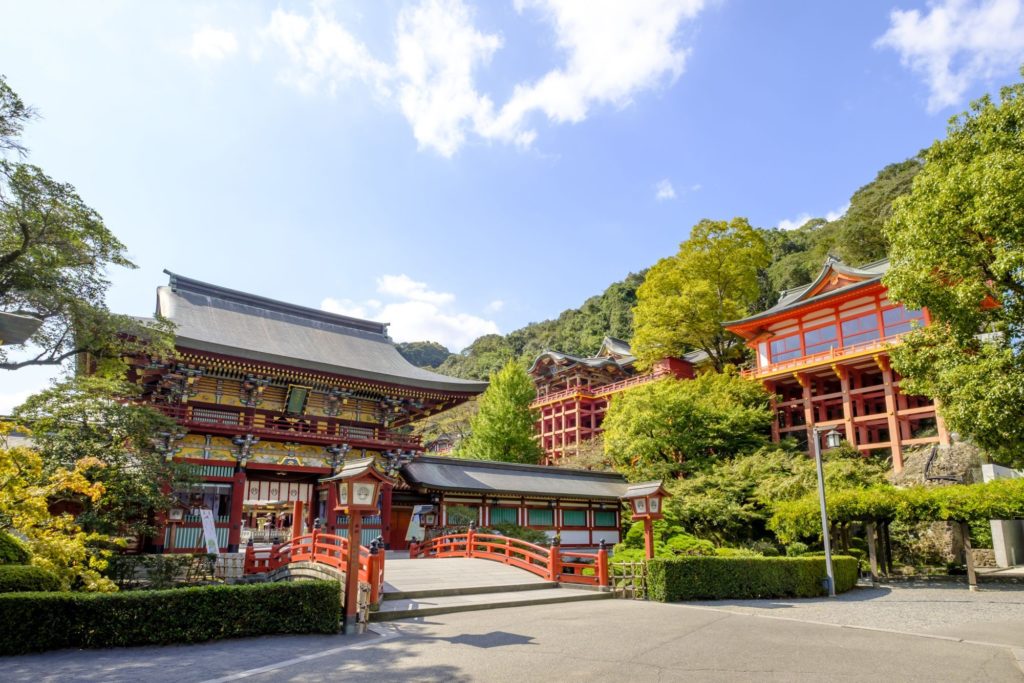
Photo from Japan National Tourism Organization
While you’re in Saga, stop by the Yutoku Inari Shrine, one of the country’s top shrines dedicated to Inari. Ascend the stone steps under the Torii gates to find the majestic main hall, bordered by verdant Japanese flora.
Evening: Soak in the mending alkaline waters at the Takeo Onsen, a traditional Japanese onsen special water that revitalizes the skin and helps with conditions. They also hold pottery workshops and exhibit artifacts that hold the history to the onsen.
Day 5: Saga to Fukuoka
Morning: Before heading back to Fukuoka, visit the Tosu Premium Outlets, with high-quality brand stores around every turn to treat yourself to.
Afternoon: Once you get to Fukuoka, take a historical tour of Hakata Old Town. The tour will take you around the entire site, where you will learn about the old hub for Chinese merchants, going through the Sakura tea store, the Jotenji and Tochoji temple, and the resting place of the famous Chinese merchant Xie Guoming. Watch expert craftsmen hold demonstrations on their art of weaving textile and painting lanterns.
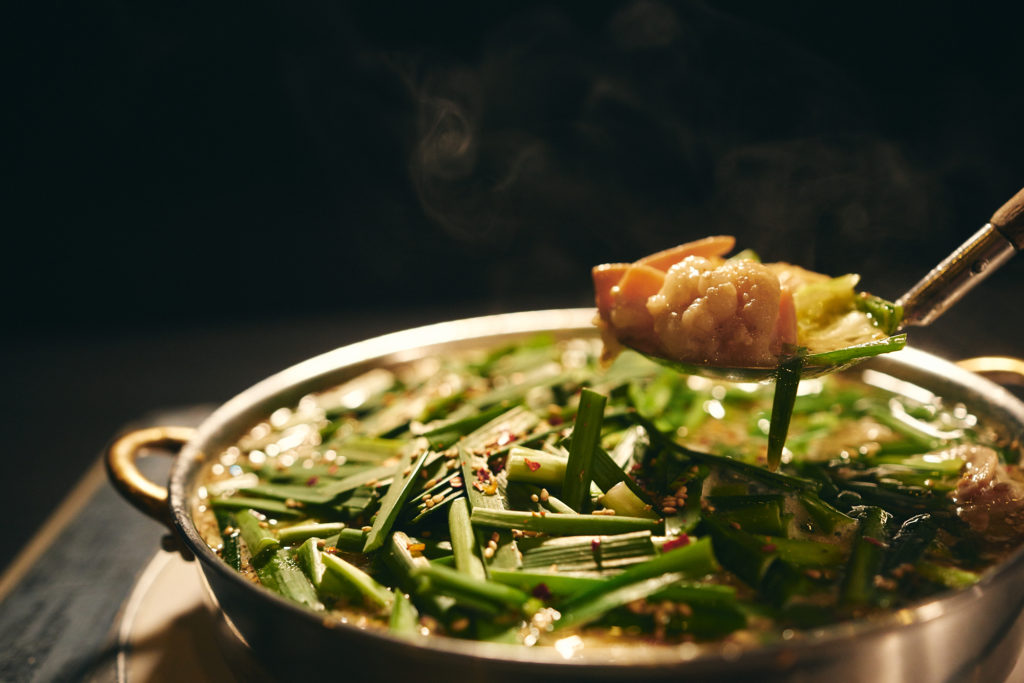
Photo courtesy of Visit Fukuoka
Evening: After a long day of travels and tours, fill-up on hot-pot perfection with either Motsunabe, packed with beef or pork offal with a hearty helping of vegetables, or Mizutaki, with chicken and shitake mushrooms slow-cooked with the broth. Both are core to Fukuoka’s cuisine, so get them both for a perfect dinner to feed the whole family. After dinner, check back into our point-zero: Mitsui Garden Hotel Fukuoka Gion.
Day 6: Fukuoka
Morning: Start your final morning of the trip with some much-needed downtime. Pair your morning ambience with some specialty chai at one of the many nearby café’s, with a variety of chai blends and spices to suit any and all tastes.
Afternoon: Go on a shopping-spree at Canal City Hakata, with over 250 shops, cafés, and restaurants to choose from, all in this creatively colorful mall. Don’t forget to buy pasalubong for the people back home!
Evening: Make your way back to Fukuoka Airport, and leave for Manila with a newfound appreciation for Kyushu’s one-of-a-kind wonder.
Additional recommendations:
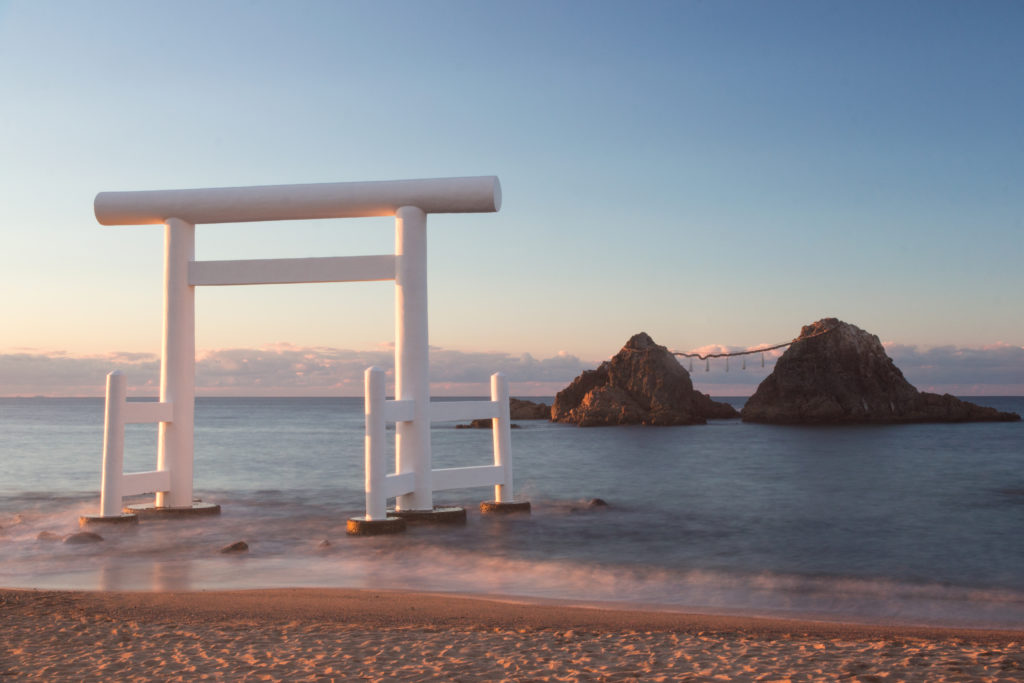
Photo from Japan National Tourism Organization
Capture the sunset in Itoshima, a coastal gem nearby Fukuoka. Known for its scenic beaches, rugged cliffs, and sparkling waters, every corner turned is a new sight to see and a new memory to make, so bring a camera and snapshot lifelong keepsakes.
Should your trip land between October 31st and November 4th, make time for the Saga International Balloon Fiesta to see the colorful and uniquely-designed hot-air balloons paint the sky for a stunning scene.
As we mark the end of this adventure, we hope that the beauty of Kyushu and its prefectures has been revealed to you. Words and photos can only do so much to capture the magic of Japan, so plan your trip to Kyushu soon and see it for yourself.
Stay tuned for next month’s agenda for more extraordinary journeys that make you fall in love with Japan, one trip at a time.

